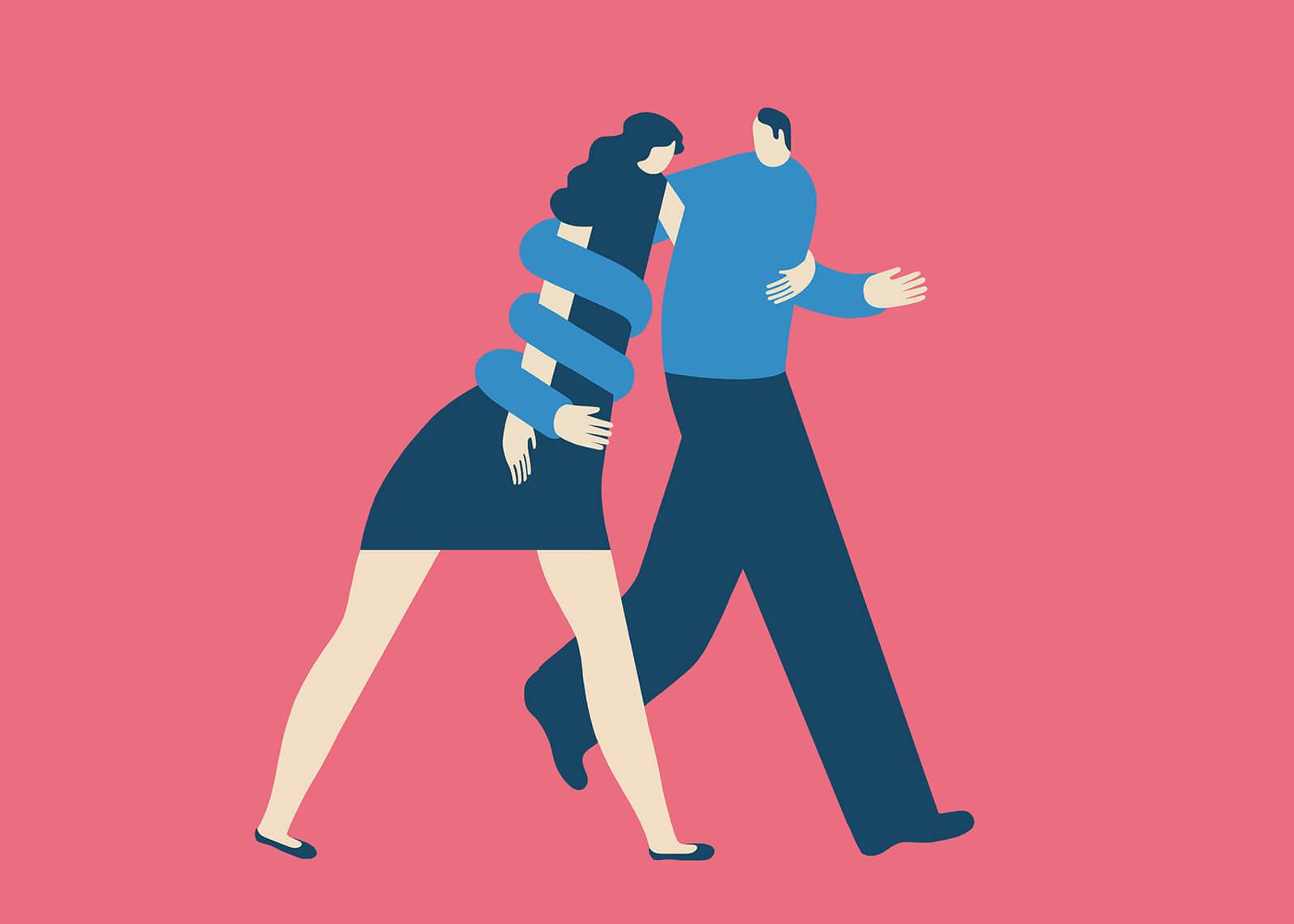In the era of #MeToo, the public is finally giving more attention to the strong culture of misogyny that persists today. Men are more frequently reprimanded for inhumane treatment of women, especially regarding sexual harassment and workplace inequality. But even though women have made extreme strides in their fight for equality over the years, there remains plenty of work to do — sometimes in ways you might not immediately think of.
Sexism, like most things, is a spectrum. It can be severe, as seen with rape culture, workplace harassment and slut shaming, but it also exists in more subtle forms that most people don’t even notice.
Whenever men condescend to women as a gender or make fun of them for what they enjoy, this treatment usually derives from a type of power structure. Men contribute to an ideology that sees “feminine” things as weak, foolish or embarrassing.
As a very timely and seasonal example, look at the Pumpkin Spice Latte. The trendy seasonal drink has been deemed as solely for “white girls” — and therefore something that an average man wouldn’t be caught dead with. It might sound silly, but women are constantly put down for enjoying the most trivial things, from what shoes they wear to where they shop to what they eat and drink.
You’ll never see men being teased or mocked for drinking Bud Light, playing “Fortnite” or watching sports all night long. The only difference is that these trends are labeled as being masculine, whereas wearing Uggs and drinking Rosé are “girly” endeavors — and therefore inferior.
In addition to being made fun of for doing things labeled as feminine, women also face ridicule for doing things labeled as masculine. When women swear, sit a certain way or wear baggy clothing, they’re not being ladylike.
Women grow up in a society that considers them the only gender that should have any manners. Meanwhile, boys grow up playing in the dirt, talking with their mouths full and saying mean words, only to be dismissed by parents and teachers with the infamous “boys will be boys” phrase.
The power structures that men spent centuries creating to enhance their privilege can be seen across the board. It’s the reason girls want to wear makeup, shave their legs and go on crazy diets: Girls have been trained since birth to alter their appearances to appease a male-dominated society.
They often go to great lengths to be accepted as physically beautiful — sometimes even suffering from eating disorders and plastic surgeries as a result. And still, while trying to fit in with the impossible standards men have created, women can’t win.
Men sometimes still mock women for eating only salads or low-calorie drinks. They criticize the amount of money women spend on clothes and the amount of time women spend getting ready. But on the flip side, if women eat too much or don’t physically take care of themselves, men treat them even more harshly.
Girls’ entire lives exist as a very delicate balancing act. To appease men in such a harsh and misogynistic society, they have to work hard not to wobble too far to the left or right of any given social situation, or they risk becoming an immediate target of scorn.
This also applies to sexuality: It’s almost impossible for women to find the societal sweet spot between “prude” and “slut.” If they choose not to sleep with boys they are interested in, they’re labeled a “tease.” If they do decide to hook up, they’re labeled as the complete opposite — but men never have to worry about this type of treatment, of course.
It’s so easy to notice the difference between the way people talk about boys’ and girls’ sex lives. Just listen to your friends — you’ll probably hear someone praise a guy for sleeping around and criticize a girl for doing the same thing within the same conversation.
Life as a queer woman can be even worse. Once lesbian or bisexual women are seen romantically with another woman, people often dismiss them as looking for attention. Men in particular often invalidate their identities, and ridiculously try to convince them that they haven’t found the right man.
Queer men rarely experience the same type of treatment when they decide to come out. Because men feel as though they’re entitled to women, they can sometimes react negatively when they feel this privilege has been taken away.
In this man’s world, women have to suffer from sexism everyday, no matter who they are or who they’re with. Women often exist as the butt of a joke or the core of a problem, constantly dismissed, looked down on and blamed for things they haven’t done wrong. Women can’t even enjoy what they want to without having to worry what a man might have to say about it.
Men and women alike grow up with this ideology, and, without even noticing, everyone contributes to this everyday variety of sexism. Even women subconsciously ridicule one another and contribute to this toxic culture because they’ve been conditioned to. This is the type of culture that makes beer a “manly” drink and cocktails “girly.” It’s the reason all “girly” versions of products cost more just because they’re pink.
And while this all may seem somewhat harmless, it fuels the more severe levels of sexism, which see men getting away with rape and feeling comfortable catcalling women on the street. Every little snide, misogynistic comment from men fuels their egos and puts women in a more vulnerable spot.
Women need to be able to recognize every instance of this sneaky, everyday sexism and call it out, empowering their female sisters. And, most importantly, they need to keep doing whatever the hell they want — despite what anyone tries to say.

















